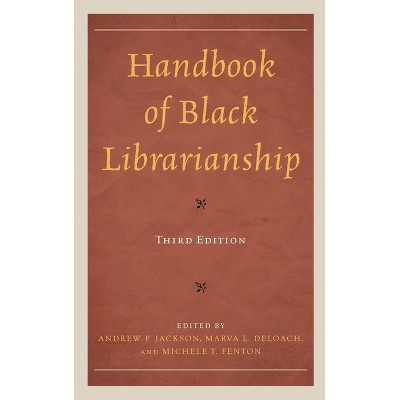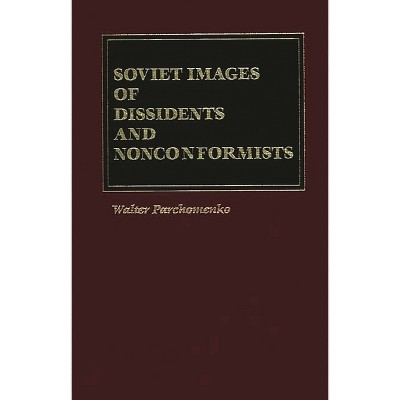The Carnival of Images - by Michele Mattelart & Armand Mattelart (Hardcover)

About this item
Highlights
- In creating and developing the new genre of the televised novela, a one-hour long dramatic serial, the Brazilian television industry grew, in less than 15 years, from an insignificant player in the international market to one of the largest, most influential in the world.
- About the Author: MICHELE MATTELART is currently doing research at the Centre National de la Recherche Scientifique in Paris.
- 192 Pages
- Language + Art + Disciplines, Communication Studies
Description
About the Book
In creating and developing the new genre of the televised novela, a one-hour long dramatic serial, the Brazilian television industry grew, in less than 15 years, from an insignificant player in the international market to one of the largest, most influential in the world. In the first book in English to explore the phenomenon of the telenovela Michele and Armand Mattelart challenge accepted views of the world dominance of United States television and probe the socioeconomic impact of this new genre on a third world country. Using the telenovela and its impact on the medium world-wide, the authors document the important changes in the international circulation of television programs and in the way television is perceived theoretically as a subject of research. The book traces the development of the novela in a country that, in the early 1960s, did not have any nationwide media and later--from 1964 to the 1970s--was ruled by a military dictatorship. It further analyzes the formation of the genre and its mode of production, placing the novela's appearance and development in its cultural, institutional, and economic context. The authors look at the peculiar contradictory relation between the genre's creators and developers--generally left wing intellectuals--and the manipulations required to construct a television industry in a highly competitive marketplace.
The book begins with a description of the economic, institutional, and cultural context which produced the genre. It explores the world of soap operas, the development of a national television industry, and the beginnings of an urban consumer society in Brazil. The authors include a valuable and detailed study of the mode of production of the telenovela, placing both the form and content of the genre in their specific economic and institutional context. The book goes on to examine the relationship between the genre and its wider social and cultural environment, explaining its immense popularity and the social function it fulfills. Finally, the authors link the study of Brazilian television to wider debates in media and cultural studies.
Book Synopsis
In creating and developing the new genre of the televised novela, a one-hour long dramatic serial, the Brazilian television industry grew, in less than 15 years, from an insignificant player in the international market to one of the largest, most influential in the world. In the first book in English to explore the phenomenon of the telenovela Michele and Armand Mattelart challenge accepted views of the world dominance of United States television and probe the socioeconomic impact of this new genre on a third world country. Using the telenovela and its impact on the medium world-wide, the authors document the important changes in the international circulation of television programs and in the way television is perceived theoretically as a subject of research. The book traces the development of the novela in a country that, in the early 1960s, did not have any nationwide media and later--from 1964 to the 1970s--was ruled by a military dictatorship. It further analyzes the formation of the genre and its mode of production, placing the novela's appearance and development in its cultural, institutional, and economic context. The authors look at the peculiar contradictory relation between the genre's creators and developers--generally left wing intellectuals--and the manipulations required to construct a television industry in a highly competitive marketplace.
The book begins with a description of the economic, institutional, and cultural context which produced the genre. It explores the world of soap operas, the development of a national television industry, and the beginnings of an urban consumer society in Brazil. The authors include a valuable and detailed study of the mode of production of the telenovela, placing both the form and content of the genre in their specific economic and institutional context. The book goes on to examine the relationship between the genre and its wider social and cultural environment, explaining its immense popularity and the social function it fulfills. Finally, the authors link the study of Brazilian television to wider debates in media and cultural studies.About the Author
MICHELE MATTELART is currently doing research at the Centre National de la Recherche Scientifique in Paris. From 1963 to 1973 she taught at the Catholic University of Chile and helped found a center for national study there. During Allende's rule she was involved with both the national television service and publishing for youth.
ARMAND MATTELART is Professor of Information Sciences and Communication and Head of the department at the University of Upper Brittany. From 1962 to 1973 he taught at the University in Santiago, Chile, where he worked closely with the Allende government in the attempt to create new initiatives in popular communication.










